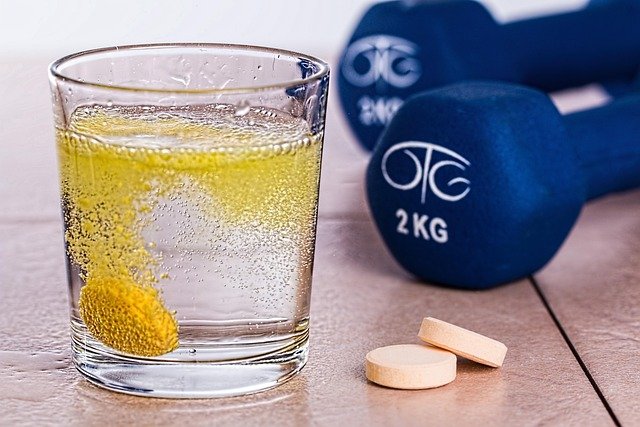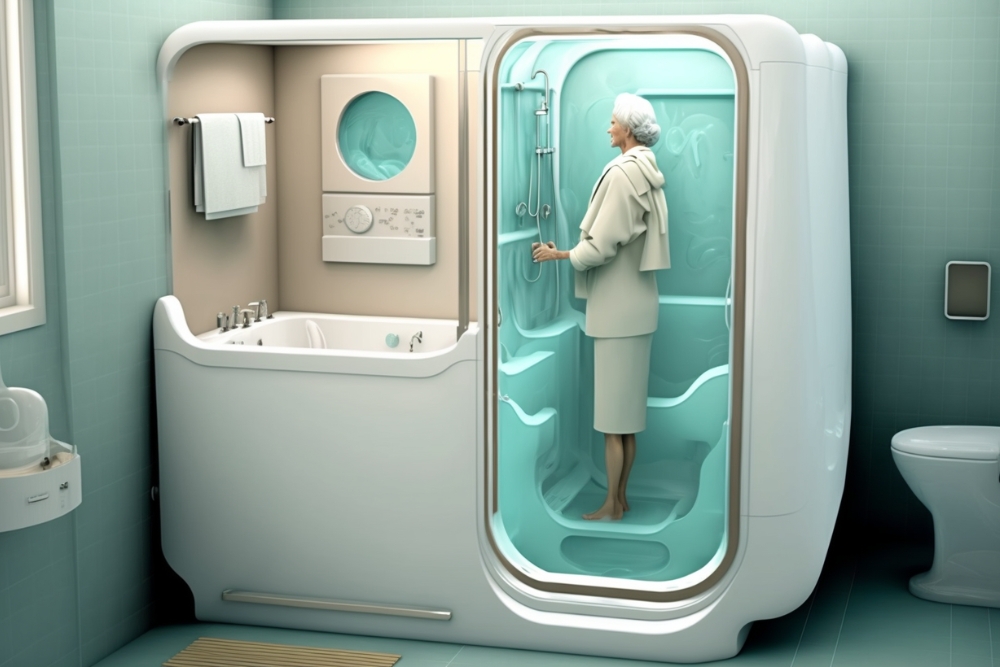Stress reduction techniques tailored to cross-border lifestyles
Frequent international travel, relocation, and hybrid cross-border work present unique mental and physical demands. This article outlines practical stress reduction strategies designed for people living or working across borders, focusing on routines that support resilience, immunity, and day-to-day wellbeing.

Living and working across borders can intensify everyday stress through disrupted routines, time-zone changes, and unfamiliar environments. Establishing practical habits helps protect wellness and supports immunity while you travel or settle into new locations. This article describes evidence-informed approaches to manage stress, improve sleep and recovery, and maintain nutrition and hydration during transitions, with attention to prevention and accessible care options.
This article is for informational purposes only and should not be considered medical advice. Please consult a qualified healthcare professional for personalized guidance and treatment.
How can wellness and immunity be maintained while moving?
Maintaining overall wellness while moving often comes down to predictable micro-routines. Prioritize consistent bedtime windows as much as possible, include short daily movement breaks, and plan basic nutrition to reduce reliance on processed foods. Small practices — a morning stretch, a protein-rich breakfast, and portable hydration solutions — support immunity and reduce the physiological burden of stress. When relocation is imminent, prepare a checklist with key supplements you already tolerate and a record of any screening or health records to share with local services.
What travel habits support nutrition and hydration?
Travel disrupts meal timing and food availability, so plan for nutrition with simple strategies: carry nonperishable snacks that balance protein and fiber, choose water first at transit points to maintain hydration, and schedule meals to align with local time when possible. Maintain electrolyte balance during long flights with modest salty snacks or electrolyte tablets if appropriate. Thoughtful choices at airports and hotels reduce overall stress on the body and help sustain energy for movement and recovery activities.
How does sleep and recovery change across time zones?
Sleep and recovery face major disruption when crossing multiple time zones. Use gradual adjustments to sleep timing before travel or adopt light exposure strategies on arrival to reset your circadian rhythm. Short naps can aid recovery but keep them under 30 minutes to avoid deeper sleep inertia. Prioritize a sleep-friendly environment—earplugs, eye masks, or white-noise apps—and practice relaxation or mindfulness techniques before bed to reduce stress-driven arousal that undermines sleep quality.
Can mindfulness and movement reduce stress abroad?
Combining brief mindful practices with light movement creates a portable toolkit for stress reduction. Short breathing exercises, body scans, or grounding prompts reduce acute stress responses; pairing these with simple movement—walks, mobility flows, or desk stretches—helps circulation and mental clarity. These practices support recovery after travel, lower the physiological markers of stress, and reinforce a sense of control in new settings. Aim for regular, short sessions rather than infrequent long ones to preserve consistency.
What role do ergonomics and screening play in prevention?
Ergonomics and preventive screening reduce physical strain and detect issues before they escalate. For remote or cross-border workers, create ergonomic setups that adapt to different workspaces: an external keyboard, a laptop stand, and posture check routines. Schedule routine health screening with local services when staying long-term, and maintain digital copies of screening results for continuity of care. Prevention-oriented habits—timely movement breaks and simple ergonomic adjustments—cut down cumulative stress on muscles and the nervous system.
How can telemedicine and supplements fit into care?
Telemedicine offers continuity when relocating or traveling, allowing access to familiar clinicians or consultations with local providers for screening follow-ups and medication management. Use telehealth for mental health support when adjusting to new countries and to coordinate tests or referrals. Supplements can support short-term immunity or nutrient gaps but should be used based on evidence and professional advice; keep a simple, standardized kit of tolerated products and records of dosages. When seeking providers, check credentials and availability of local services and telemedicine options to maintain prevention and recovery plans.
Cross-border lifestyles demand flexible, practical routines that reduce stress while supporting sleep, nutrition, hydration, and movement. By combining micro-routines, ergonomic awareness, preventive screening, and available telemedicine care, individuals can protect immunity and promote sustainable recovery. Integrating mindfulness and regular movement into daily life helps manage stress in unfamiliar settings, while clear planning around nutrition and supplements reduces avoidable physiological strain.





